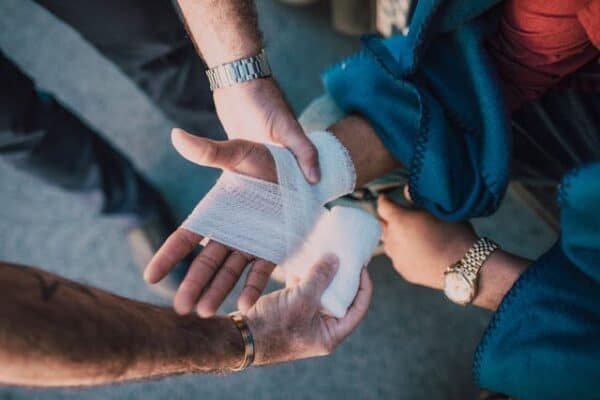
Posting on social media can damage your personal injury case. Insurance companies and defense attorneys may use your posts to downplay injuries or dispute claims. Even innocent photos or check-ins can be misinterpreted. In Biloxi, MS, staying offline and consulting your lawyer can help protect your case. Search for the best injury lawyers near me on a search engine to find appropriate legal aid.
Navigating a personal injury case poses numerous challenges, especially in today’s digital age. With social media platforms becoming integral to daily lives, their influence on legal proceedings cannot be overlooked. Understanding how these platforms may affect personal injury claims is essential for anyone involved in such matters.
The Influence of Social Media on Legal Outcomes
Social media serves as a public diary for many, capturing daily activities and thoughts. However, this transparency can inadvertently impact personal injury cases. Posts shared publicly can be scrutinized by opposing legal teams. Even seemingly harmless updates may be used as evidence to challenge claims.
Digital footprints left on social media sites can offer insights into an individual’s lifestyle post-injury. For example, a claimant posting pictures of physical activities may have those images used to argue against the severity of their injuries. Thus, understanding the risks of oversharing becomes vital in maintaining the integrity of a personal injury claim.
Privacy Settings: A False Sense of Security
Many individuals believe that privacy settings protect them from unwanted scrutiny. However, privacy settings can give a false sense of security. Even private posts may become accessible through legal discovery processes. Courts may grant access to private content if deemed relevant to the case.
Furthermore, friends or acquaintances might unintentionally share posts or images that pertain to the claimant. This highlights the importance of managing not only one’s own privacy settings but also being cautious about what others post. A proactive approach involves discussing potential implications with close contacts to ensure supportive actions.
Inconsistent Statements and Credibility
Inconsistencies between statements made during legal proceedings and social media posts can damage credibility. For instance, if a claimant testifies about limited mobility but shares photos of a physically demanding activity, their honesty comes into question. Such contradictions might lead to reduced settlement offers or even case dismissal.
Maintaining consistency between public posts and legal testimonies is crucial. Being mindful of what is shared can help preserve the integrity of a case. Claimants should consider their social media presence as part of their legal strategy, ensuring alignment with their legal narratives.
Legal Advice on Social Media Use
Legal professionals often advise clients to limit social media activity during litigation. Reducing online presence minimizes the risk of compromising evidence. Lawyers might suggest making profiles private, refraining from posting about the case or injury, and avoiding discussions related to ongoing legal matters.
Additionally, understanding that deleting posts could be seen as destroying evidence is crucial. Such actions might attract penalties or sanctions. Instead, consulting with legal representatives before making any changes is advisable. They can offer guidance on how best to manage existing content without risking legal repercussions.
Social Media Monitoring by Insurance Companies
Insurance companies frequently monitor claimants’ online activities. Their objective is to uncover information that might contradict injury claims or suggest an ability to work. Posts indicating travel, sports participation, or other vigorous activities can undermine a case.
Remaining aware of this surveillance can help individuals make informed decisions about their online interactions. Avoiding posts that could be misinterpreted is an effective strategy to maintain a strong legal position. Those engaged in personal injury claims should consider every online activity from a legal perspective, ensuring nothing jeopardizes their case.
Impact on Settlement Negotiations
The influence of social media extends to settlement negotiations. Opposing parties may use social media activity as leverage in discussions. Evidence from these platforms can weaken a claimant’s bargaining power, potentially leading to reduced settlements.
Understanding this dynamic encourages a more cautious approach to social media use. By maintaining a low profile, claimants can prevent providing ammunition to opposing parties. Ensuring that online behavior aligns with injury claims can help preserve negotiating strength.
Conclusion
In today’s interconnected world, social media’s role in personal injury cases cannot be underestimated. From influencing legal outcomes to affecting settlement negotiations, the implications are far-reaching. Awareness and caution are key for anyone navigating such legal landscapes.
Managing online presence with care, consulting legal professionals, and maintaining consistency in narratives are essential steps. By taking these precautions, individuals can protect the integrity of their personal injury cases. Social media should be viewed not just as a platform for sharing but as a potential factor in legal strategies.
 Gearfuse Technology, Science, Culture & More
Gearfuse Technology, Science, Culture & More


